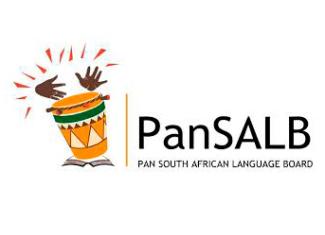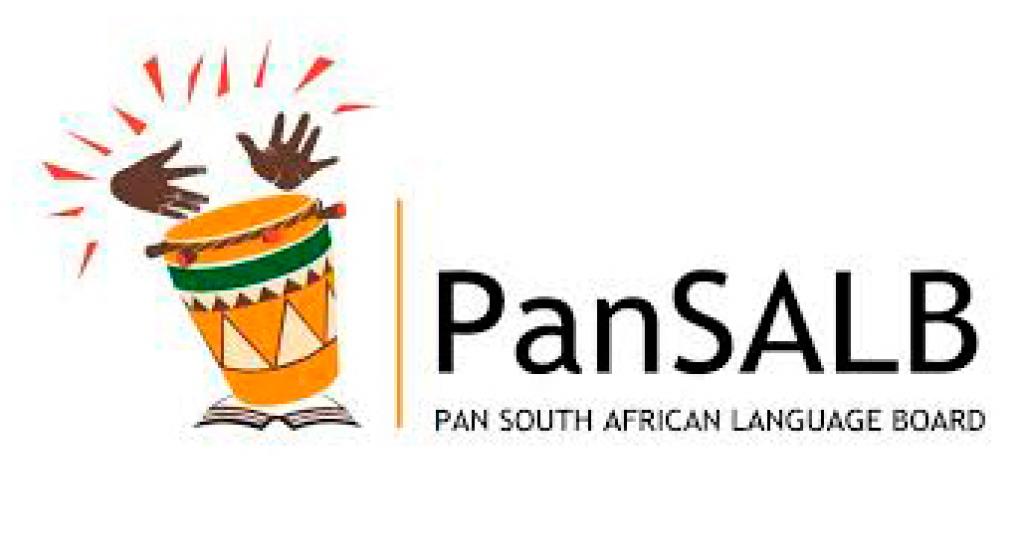Celebrating
International Mother Language Day

The past year has been pivotal for language issues in our nation, the Government of National Unity experienced significant contention regarding the Basic Education Laws Amendment (BELA) Act of 2024, specifically concerning clauses 4 and 5.These clauses raised the alarm for various interest groups about their potential implications for mother tongue-based education.
Historically, public engagement with language matters has been tepid, primarily only capturing the interest of professionals within the language sector, such as language practitioners and interpreters. However, the discourse surrounding the BELA Act of 2024, has illuminated essential language questions that warrant urgent attention from all facets of society.
Mother tongue-based education
This year also marks the 25th anniversary of International Mother Language Day, com- memorated under the theme; “Make Languages Count for Sustainable Development.” This theme aligns with the global initiative, the International Decade of Indigenous Languages, which seeks to promote and preserve indigenous languages worldwide. Empirical evidence suggests that learning in one's mother tongue significantly enhances cognitive development; nevertheless, many learners in developing nations, such as ours, are deprived of this fundamental right.
Consequently, the national implementation of Mother Tongue-based Bilingual Education by the Department of Basic Education represents a critical step not only toward the decolonisation of the educational landscape in the country but also for unleashing learners’ potential and optimising their academic success.
Collaborative support from relevant stakeholders is essential to ensure that indigenous languages are recognised and incorporated as viable mediums for learning, teaching and assessment in the country.
“The Act stipulates that national government departments and public entities must utilise at least three official languages for governmental affairs in accordance with Section 6(2) of the Constitution of the Republic of South Africa.”
The importance of preserving indigenous languages
The significance of language extends beyond an educational framework. South Africa's inherent multilingualism symbolises a rich tapestry of linguistic diversity. According to Statistics South Africa, isiZulu is spoken in 24.4% of households, followed by isiXhosa (16.3%) and Afrikaans (10.6%), with English ranking fifth at 8.6%, after Sepedi (9.8%). However, numerous South Africans are compelled to engage with government in English, a language not fully comprehended by a significant portion of the population.
In fact, it is unique within the African continent for citizens to communicate predominantly in a colonial language. While English continues to dominate as the medium for business and trade in the world, many nations beyond Africa prioritise their indigenous languages.
Instances abound of individuals who must interact with government in a language that is foreign to them, such as an elderly woman in Mount Frere, Eastern Cape, who must follow medical instructions written in English, or a resident in Malamulele, Limpopo, who is required to complete forms at the Department of Home Affairs in English. These scenarios highlight the profound effects of language barriers, often leaving individuals lacking full clarity on critical information.
Indigenous African languages serve as repositories of vital knowledge systems that have historically been marginalised. Sustainable development is intricately linked to leveraging existing resources and formulising strategies for longevity and sustainability. Despite this reality, numerous governmental departments and organs of state fail to integrate these considerations into their communication strategies.
Non-compliance
The 2023/24 PanSALB Language Compliance Report illustrates a concerning trend of non-compliance among government departments and state entities with constitutional mandates and legislative frameworks such as the Use of Official Languages Act of 2012. The Act stipulates that national government departments and public entities must utilise at least three official languages for governmental affairs in accordance with Section 6(2) of the Constitution of the Republic of South Africa, which mandates proactive measures for the utilisation of previously marginalised languages, including indigenous African languages.
Moreover, Section 6(4) of the Constitution emphasises the necessity for official languages to enjoy parity of esteem. It is crucial to recognise that each language's value is inherently tied to its speakers; failing to acknowledge a language equates to underestimating an individual's potential for success, as underscored in the preamble of our Constitution.
It is imperative that all governmental departments and state organs accord heightened seriousness to language matters, particularly regarding non-compliance with language-related regulations. Institutions such as the Pan South African Language Board (PanSALB) must receive the necessary support as mandated by the PanSALB Act of 1995.




